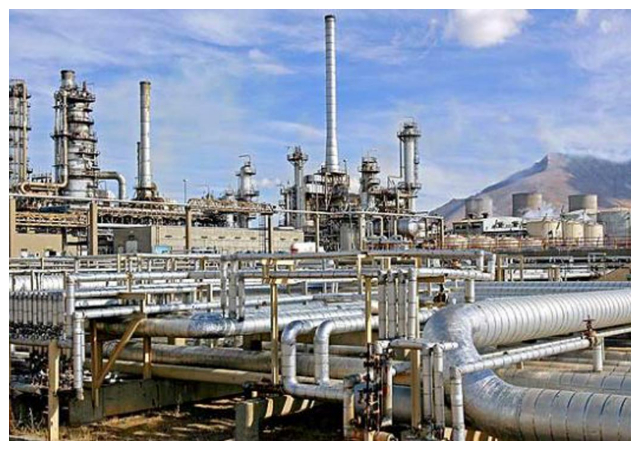
According to the group’s executive director Devakumar Edwin, the Dangote Refinery is scheduled to start processing gasoline by November 30, 2023, and diesel and jet fuel by October 2023.
The refinery will receive its first crude cargo in two weeks, and in October 2023, it will start producing up to 370,000 barrels per day of diesel and jet fuel, according to Edwin, who spoke with SandP Global Commodity Insights on Monday.
Also noted by Edwin was the refinery’s intention to gradually increase gasoline production, with a goal of reaching a remarkable 650,000 barrels per day by November 30. He stressed that the refinery was ready to accept crude oil, saying, “Right now, I’m ready to receive crude. All we need to do now is wait for the first ship. We can begin as soon as it arrives. ” .
In regards to the change in the original schedule, Edwin made it clear during his conversation with S&P that the Nigerian National Petroleum Corporation Limited had already committed their crude oil to another entity on a forward basis, resulting in a brief delay. The refinery would soon run exclusively on Nigerian crude oil starting in November 2023, he claimed, and the setback was only temporary.
Because it is located in a free trade zone outside of Lagos, he pointed out that the oil from Nigeria would be bought in US dollars rather than naira. However, because of its equity stake, the NNPCL will provide some crude at reduced prices.
Edwin added that the Dangote refinery can process the majority of African crudes, as well as Middle Eastern Arab Light and even US light-tight oil, in addition to heavy Angolan grades.
We can even accept some Russian grades, he said, “if the global system opens up to allow us to receive them. In essence, if you look at our production profile, 50% of my production will satisfy 100% of the national requirements.
Even though the volumes will be relatively small, any extra gasoline—which will be of Euro 5 quality and contain 10 ppm sulfur—will be exported to other African markets in addition to the US and South America. Jet fuel will be exported to Europe at the same time as diesel is sold in sub-Saharan Africa. ” .
According to Edwin, who was also quoted by S&P, the refinery would be “enormously beneficial to the country” by establishing a consistent supply of refined goods that are “environmentally friendly” and by bringing in “a huge amount of foreign exchange.”. “.
Furthermore, Edwin pointed out that the refinery would be crucial in easing the problems with fuel supply that import-dependent West Africa was facing. These problems had been made worse by Nigeria’s recent elimination of fuel subsidies, which had resulted in a thriving black market for illegal gasoline due to price swings.
He also stated that the profits from the refinery’s operations would be invested to support additional construction, underscoring Aliko Dangote’s dedication to Nigeria.
“The money will come back in and be used for new investments,” was the statement.
Since Aliko Dangote is a native of Nigeria, Edwin observed, “Nigeria is always in his focus.”.

